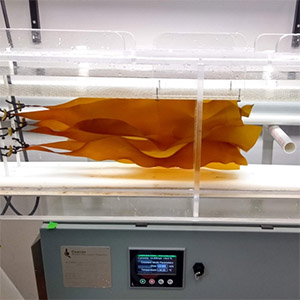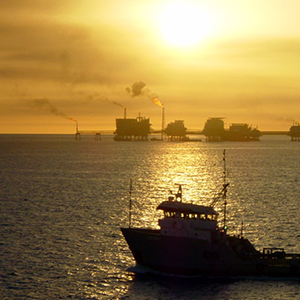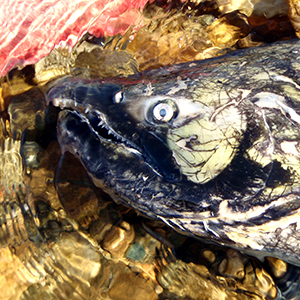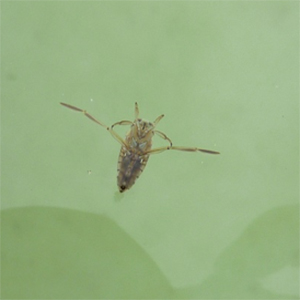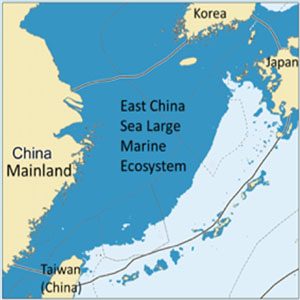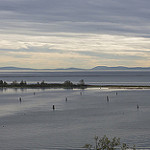How climate-controlled growth flumes could help us explore unanswered questions about kelp and climate change
New equipment creates environmental conditions that mimic the projected future state of our oceans, allowing them play out “what if” scenarios for situations like climate change.
New technology allows fleets to double fishing capacity — and deplete fish stocks faster
Mechanisms such as GPS, fishfinders, echo-sounders or acoustic cameras, has led to an average 2% yearly increase in boats’ capacity to capture fish
New viruses discovered in endangered wild Pacific salmon populations
All three are related to viruses that cause serious disease in other species.
Role of top predators in helping ecosystems adapt to climate change
Researchers found that when predators are not present in the ecosystem, the overall biomass and abundance of algae declined significantly with increasing temperature.
Status, Trends, and the Future of Fisheries in the East and South China Seas
Fisheries Centre Research Report (FCRR 27-1) is now available
COSMOS Award winner Caroline Graham is putting together the picture of salmon diets across the North Pacific
“Across the Pacific, a lot of data are available on salmon diets but there’s currently no centralized hub for this information,” explained Graham.
Q&A with MSc Student Vanessa Fladmark
Coming to UBC from Haida Gwaii, Vanessa studies juvenile pink and chum salmon and what they eat in BC’s coastal waters – by looking at their stomach contents.
Marine protected areas can improve both human well-being and biodiversity conservation, new study finds
Small MPAs had more positive well-being outcomes, while large MPAs are shown to be more ecologically effective.
Understanding the data about data: How metadatabases could improve Mexico’s ocean management
Analyzing this data can reveal knowledge trends and identify gaps for future research, and help stakeholders make the best choices for conserving Mexico’s oceans.
Q&A with Daniel Pauly of Sea Around Us
For World Oceans Day 2019, we sat down with Dr. Pauly and ask him a little bit about Sea Around Us and what he hopes to achieve with his work.
